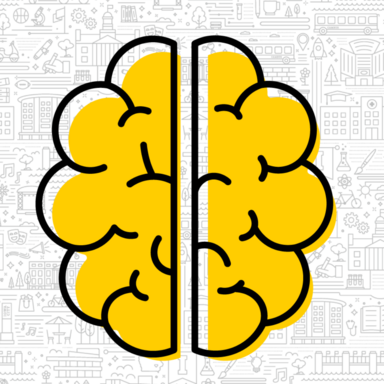Breadcrumb
- Home
- Research
- Recent Findings
- COVID Impacts on the Transition to College and Student Mental Health
COVID Impacts on the Transition to College and Student Mental Health

The purpose of this study was to explore factors related to mental health and the adjustment to college among students who transitioned from high school to college during the height of the COVID-19 pandemic. Our research questions were: (1) How has COVID-19 impacted students’ transition from high school to college? and (2) To what extent are COVID-19 impacts and stress related to mental health and well-being? We used a cross-sectional, correlational design that involved collecting data using an online survey during the 2022 spring semester. A total of 99 students aged 18 to 24 years old, who graduated from high school in Spring 2020 or Spring 2021 and began their first year of college in Fall 2020 or Fall 2021 responded to our survey.
Results indicate that 21% of respondents indicated COVID-19 caused a change in their intended college major and 23% were unable to attend their first-choice college due to family finances (12%), choosing a college closer to their home and social network (10%), and being unable to complete a campus visit (7%). Regarding disruptions to friendships and social support, respondents indicated that about 20% reported losing a friendship due to differing opinions on mask wearing, about 25% reported losing a friendship due to differing opinions on the COVID-19 vaccination, and about 44% reported losing a friendship due to differing opinions about politics.
We also ran a series of 3-step hierarchical multiple regressions. The outcome variables were anxiety, depression, and flourishing. Political orientation was marginally related to anxiety. Participants who identified as more conservative reported less anxiety. Participants whose spring semester high school classes were virtual or hybrid and who identified more significant impacts of COVID-19 on their transition to college reported more anxiety. Perceptions of COVID-19 stress were positively related to anxiety. Participants who identified as more conservative reported less depression. Spring semester high school classes being virtual or hybrid was marginally related to depression. Perceptions of COVID-19 stress were positively related to depression. Participants who identified as more conservative reported more flourishing. Neither of the objective COVID-19 impact measures were related to flourishing. Perceptions of COVID-19 stress were negatively related to flourishing.
Project Team
Dr. Stacey E. McElroy-Heltzel, Assistant Professor of Counseling Psychology, University of Iowa
Michael Suresh, Graduate Assistant, Doctoral Student in Counseling Psychology PhD Program